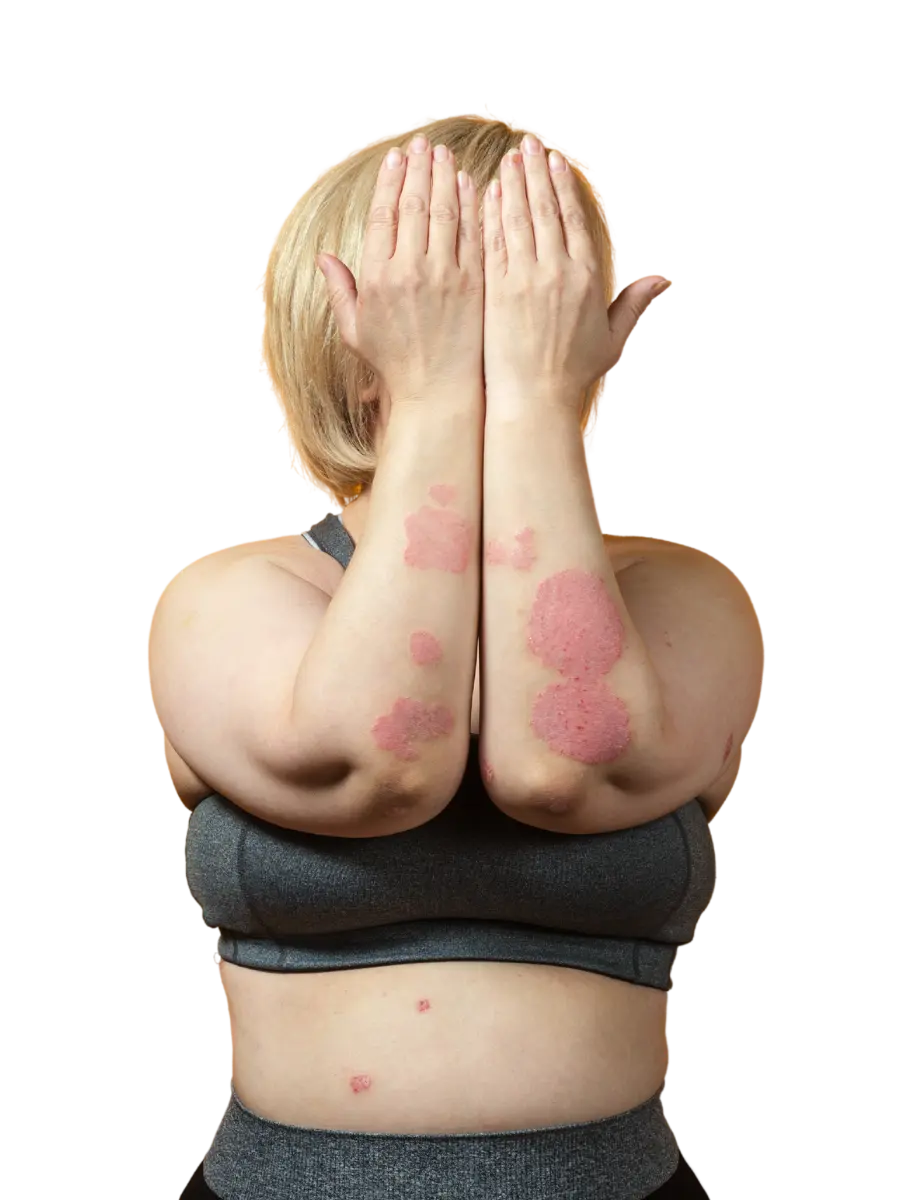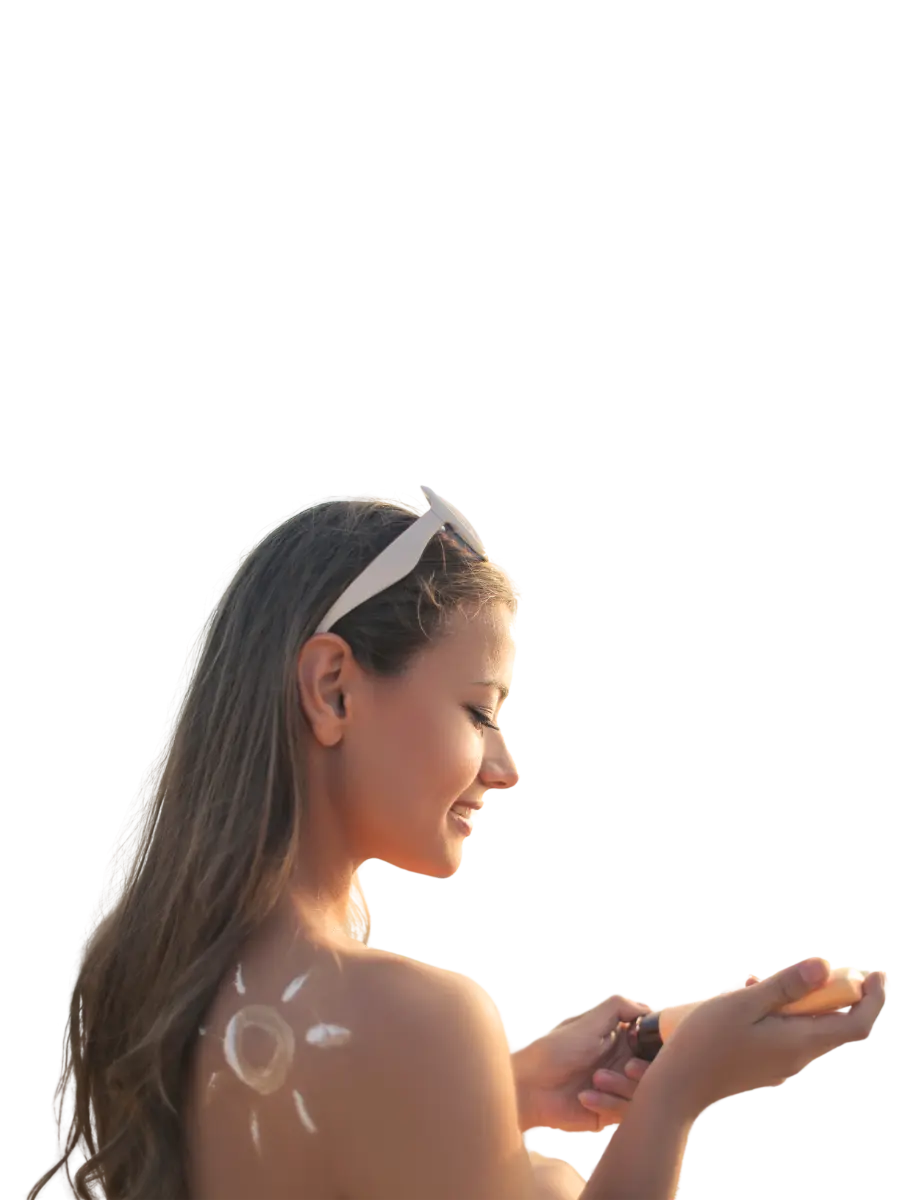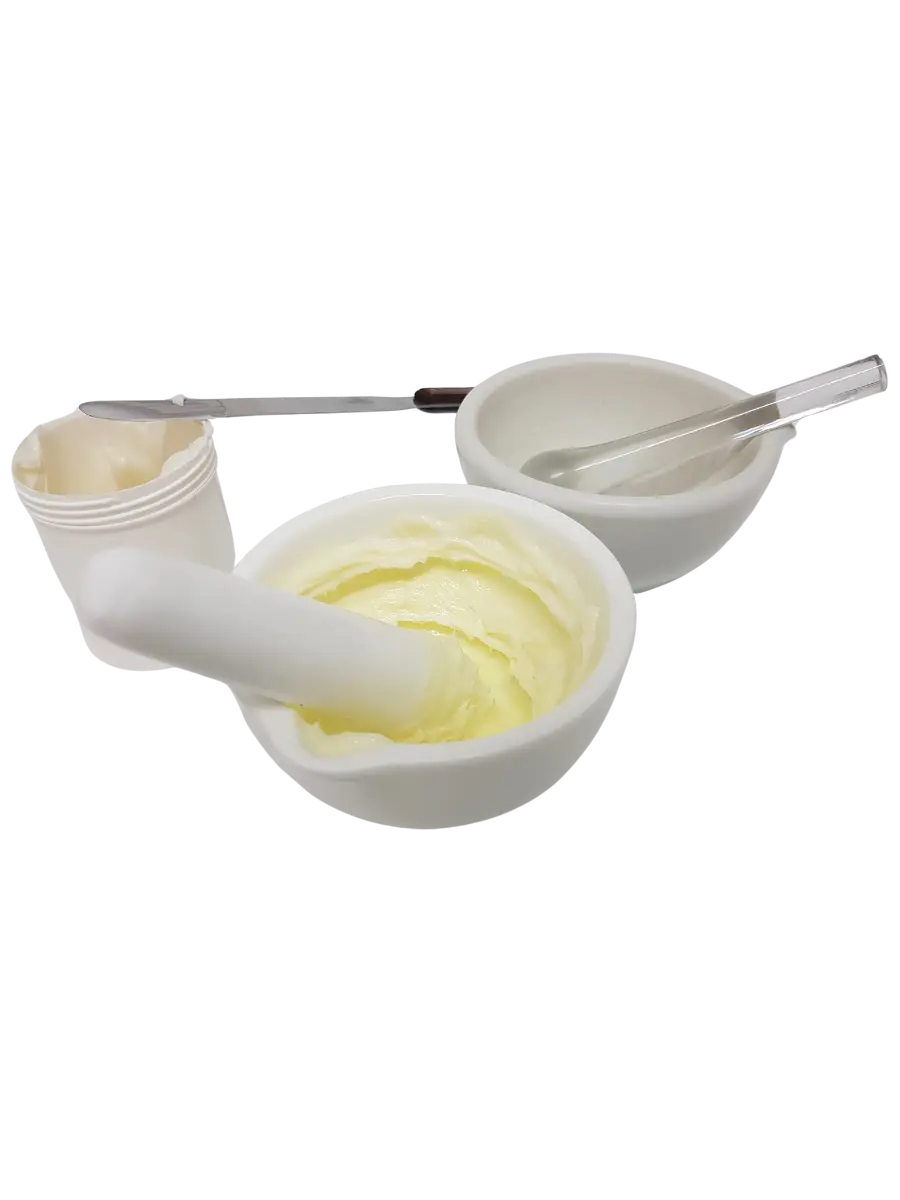(revitalize your skin)
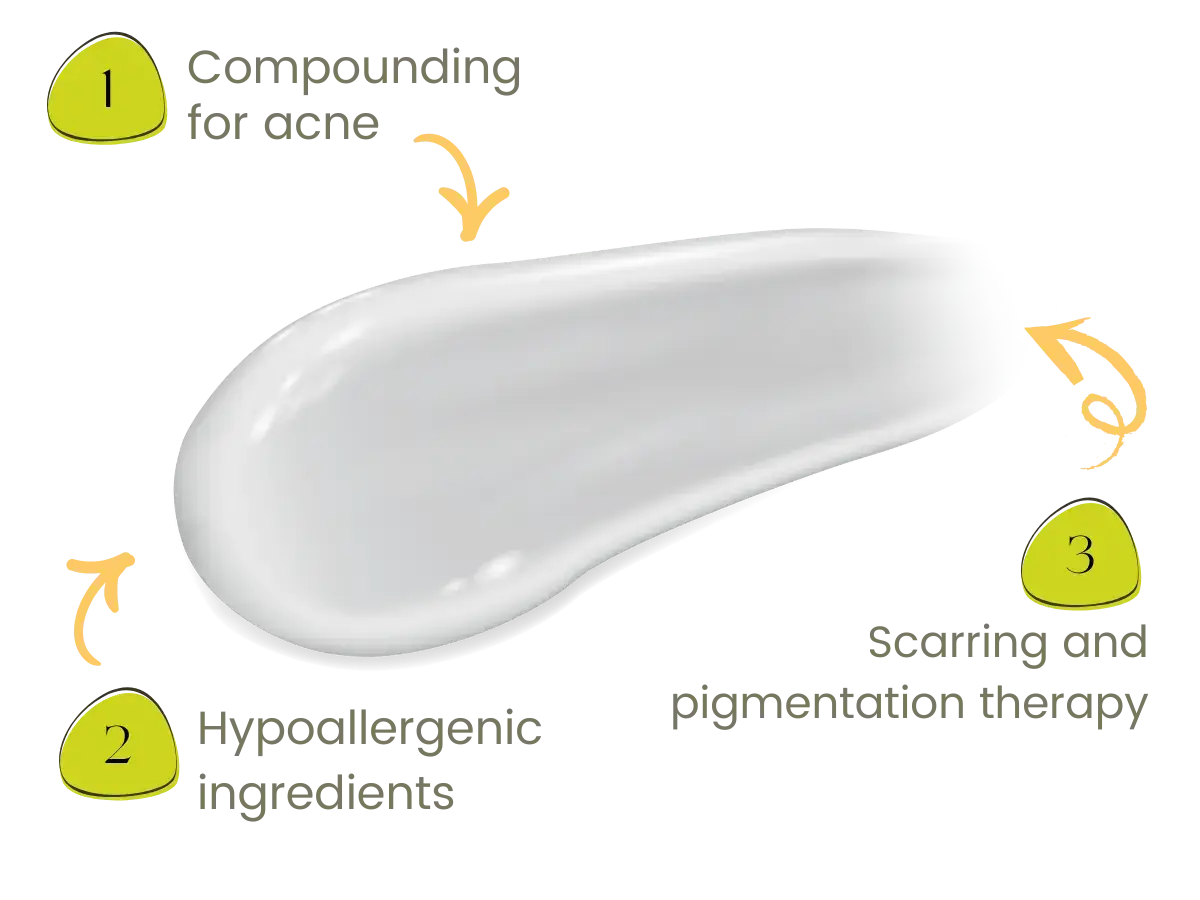
Compounding professionals are skilled in creating personalized therapies for many dermatologic conditions. Our services include compounding medications to be:
We are capable of generating alternative and advantageous options for dermatology.
In addition, we offer topical sprays and powders, as well as customized oral dosage forms like flavored troches. Compounding is genuinely a powerful approach to tailored dermatologic medications.
Yes.
We remove common irritants like parabens, propylene glycol, and fragrances. Hypoallergenic bases are recommended for individuals with eczema, psoriasis, or sensitive skin.
Yes.
Blends of compatible active ingredients, such as tretinoin, clindamycin, and niacinamide, can help simplify routines and reduce irritation from multiple products.
Absolutely.
We compound personalized topical therapies in collaboration with your physician.
These can include:
Yes.
We compound minoxidil applications as well as melatonin, which studies have shown results for some patients.
Yes.
Topical diclofenac, ketamine, and gabapentin gels penetrate deeply to target nerve or arthritis pain, minimizing systemic absorption.
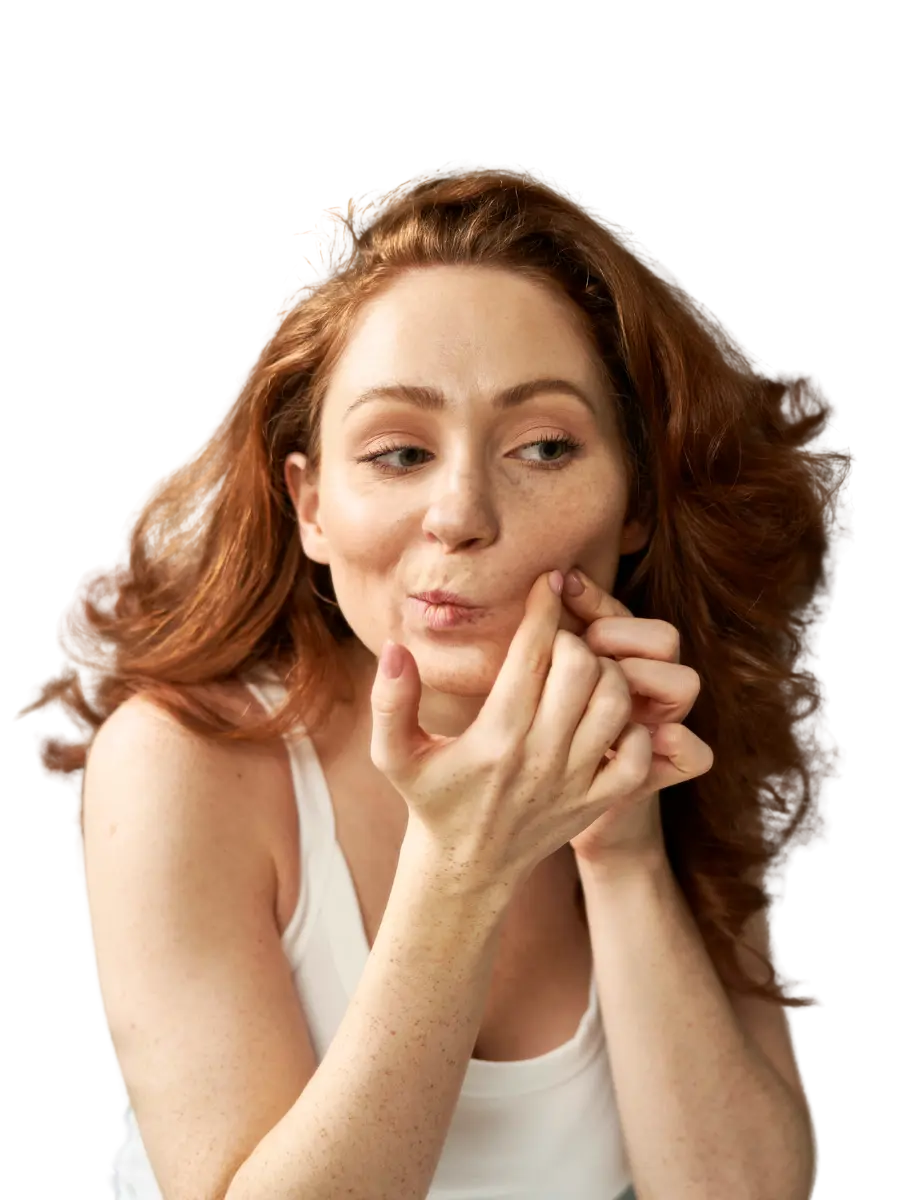
UV light, smoking, and environmental contaminants create free radicals, damaging hair follicles.
Studies have found melatonin to be a viable alternative to traditional hair loss treatments. Melatonin’s potent antioxidant characteristics may help it combat oxidative stress.
These studies have provided in vitro and in vivo results from applying topical melatonin. There was a reduction in seborrhea and seborrheic dermatitis of the scalp.

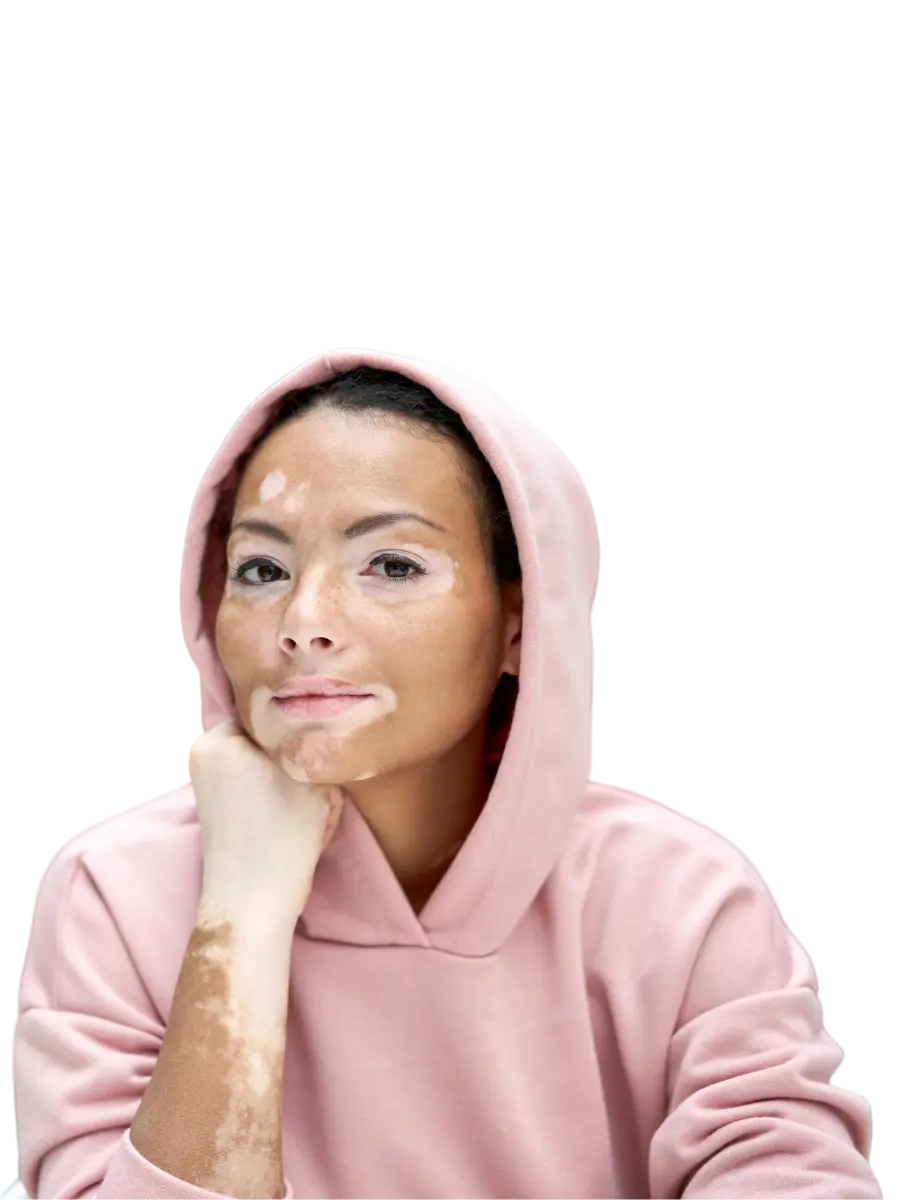
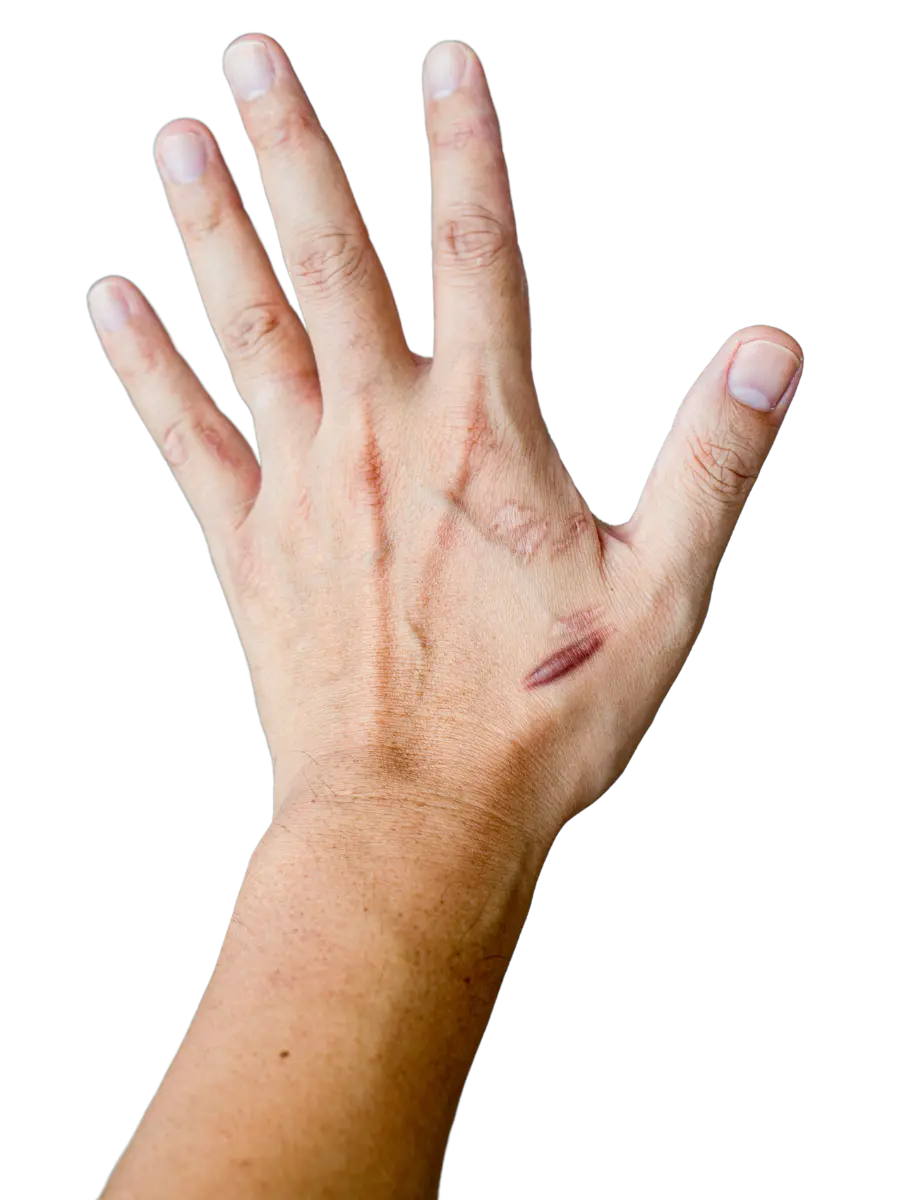
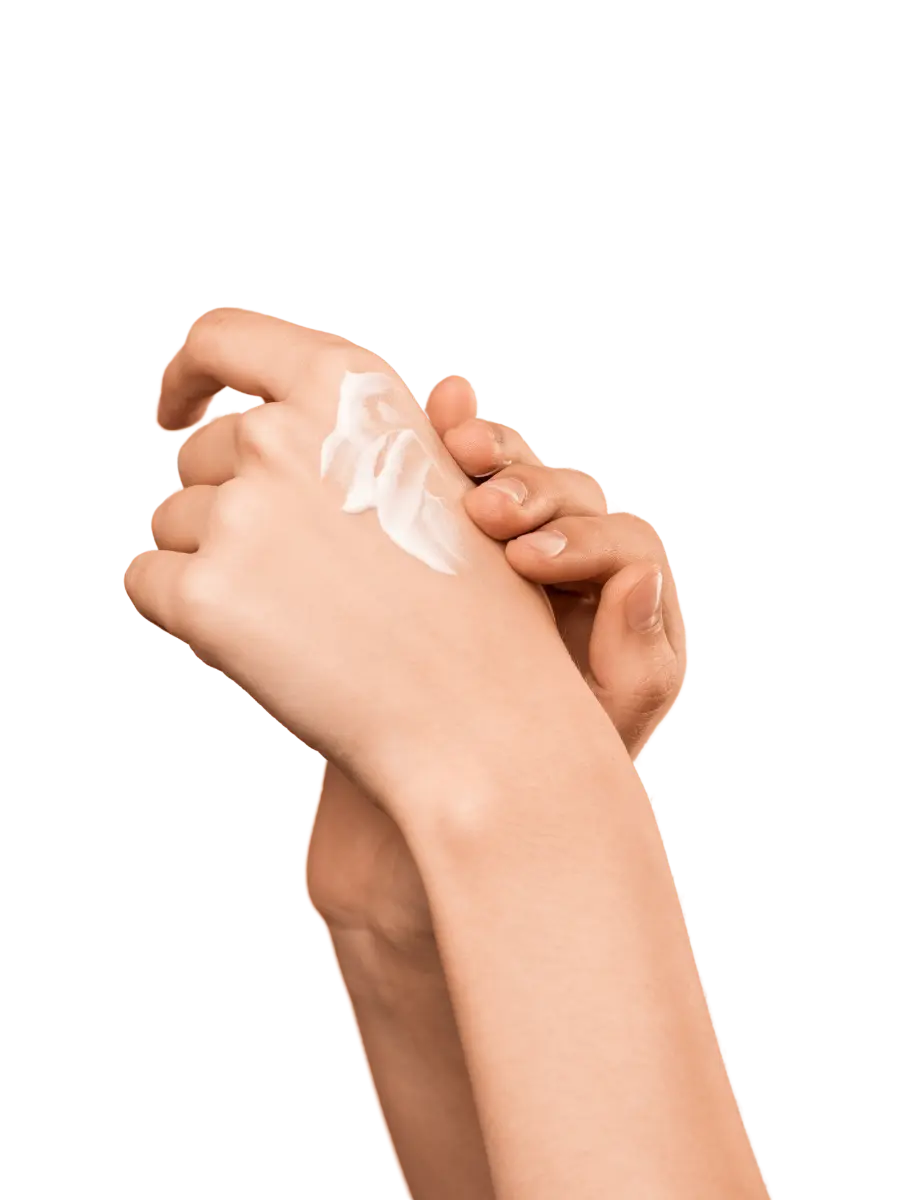
Psoriasis is an autoimmune disease that damages the skin. Thick and scaly growths occur on the body, most commonly on the scalp, elbows, knees, and lower back.
Left untreated, it can cause severe itching, white scales/plaque buildup, and bleeding.
Eczema causes similar damaging symptoms on the skin but is not the same. Both genetic and environmental factors can cause eczema.
It can leave red or brown patches that can crack and bleed. This condition mainly affects the patient’s arms, legs, and face.
Compounding allows for the development of various topical medications for the patient. Potent moisturizers are usually included to improve barrier function and reduce flaking.
Additionally, corticosteroids are prescribed to reduce itching and inflammation in the skin.
